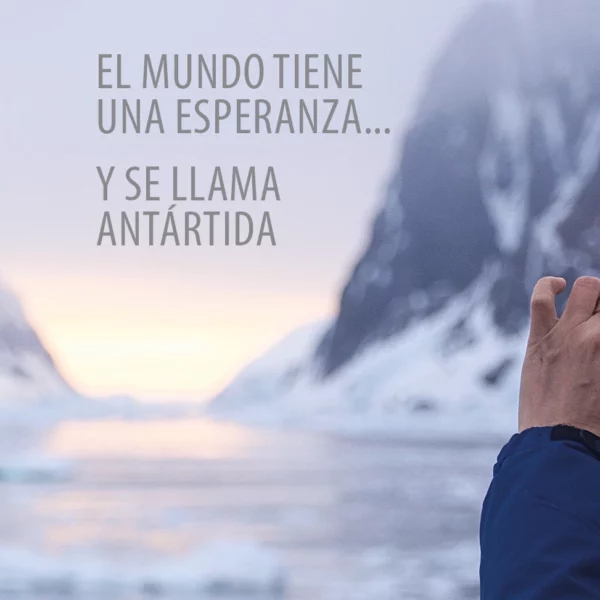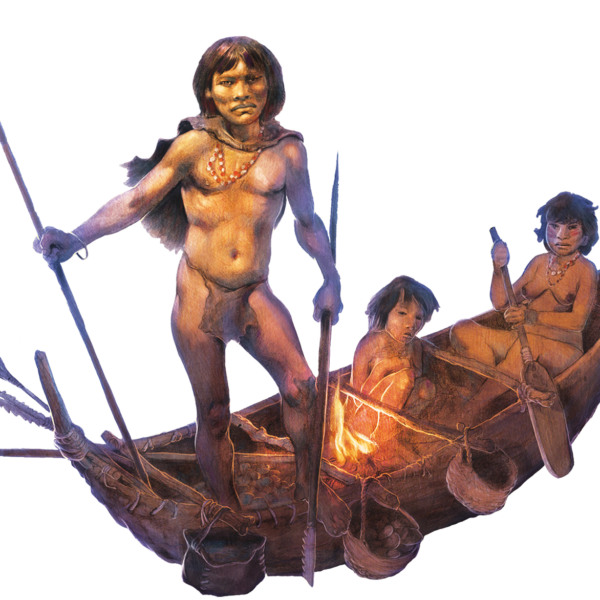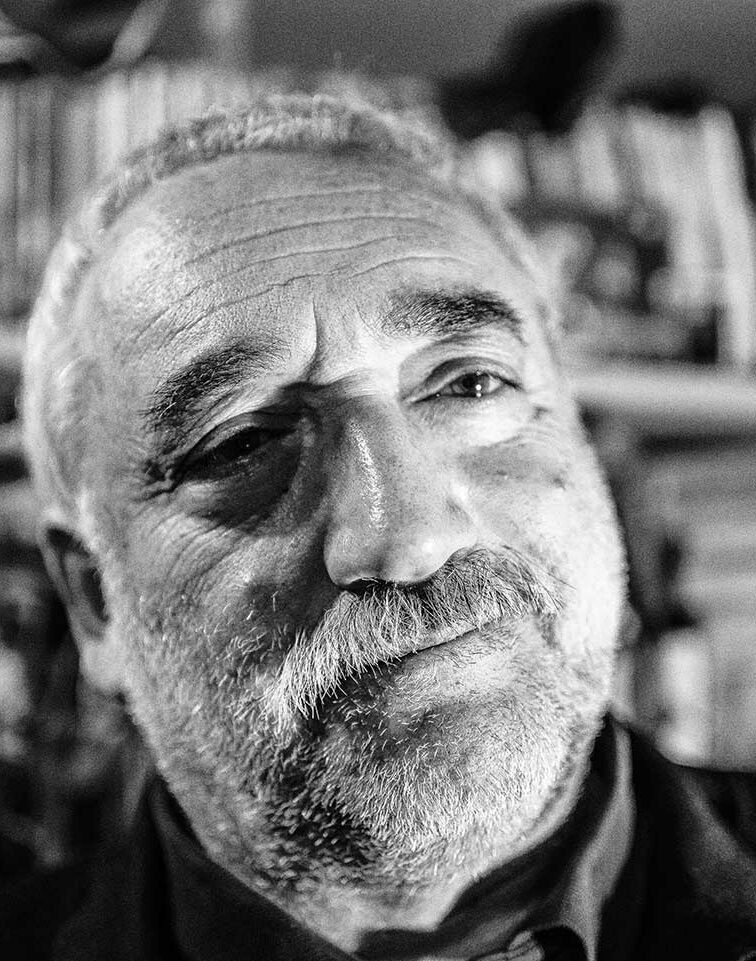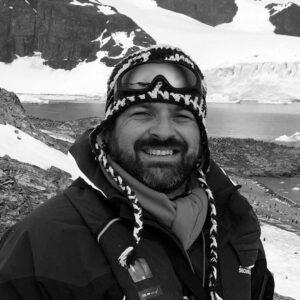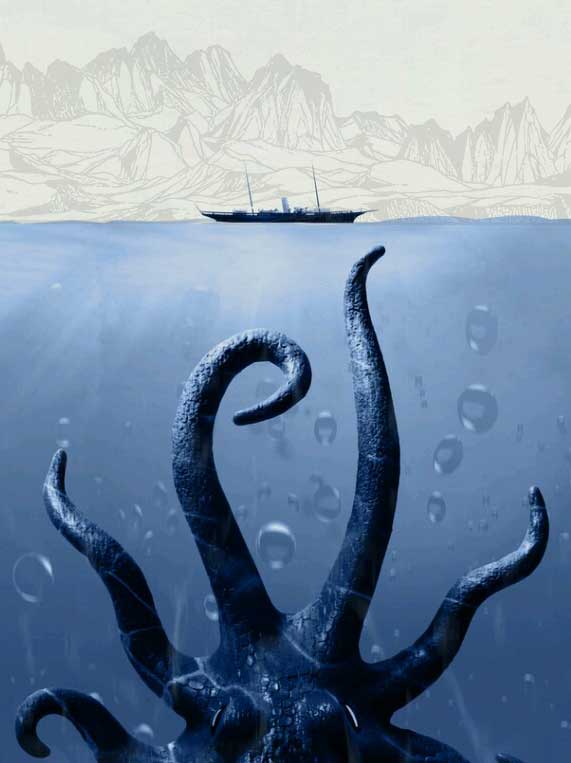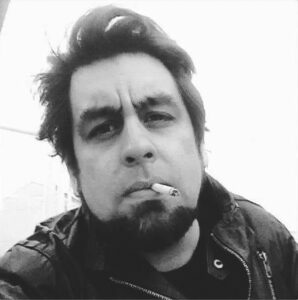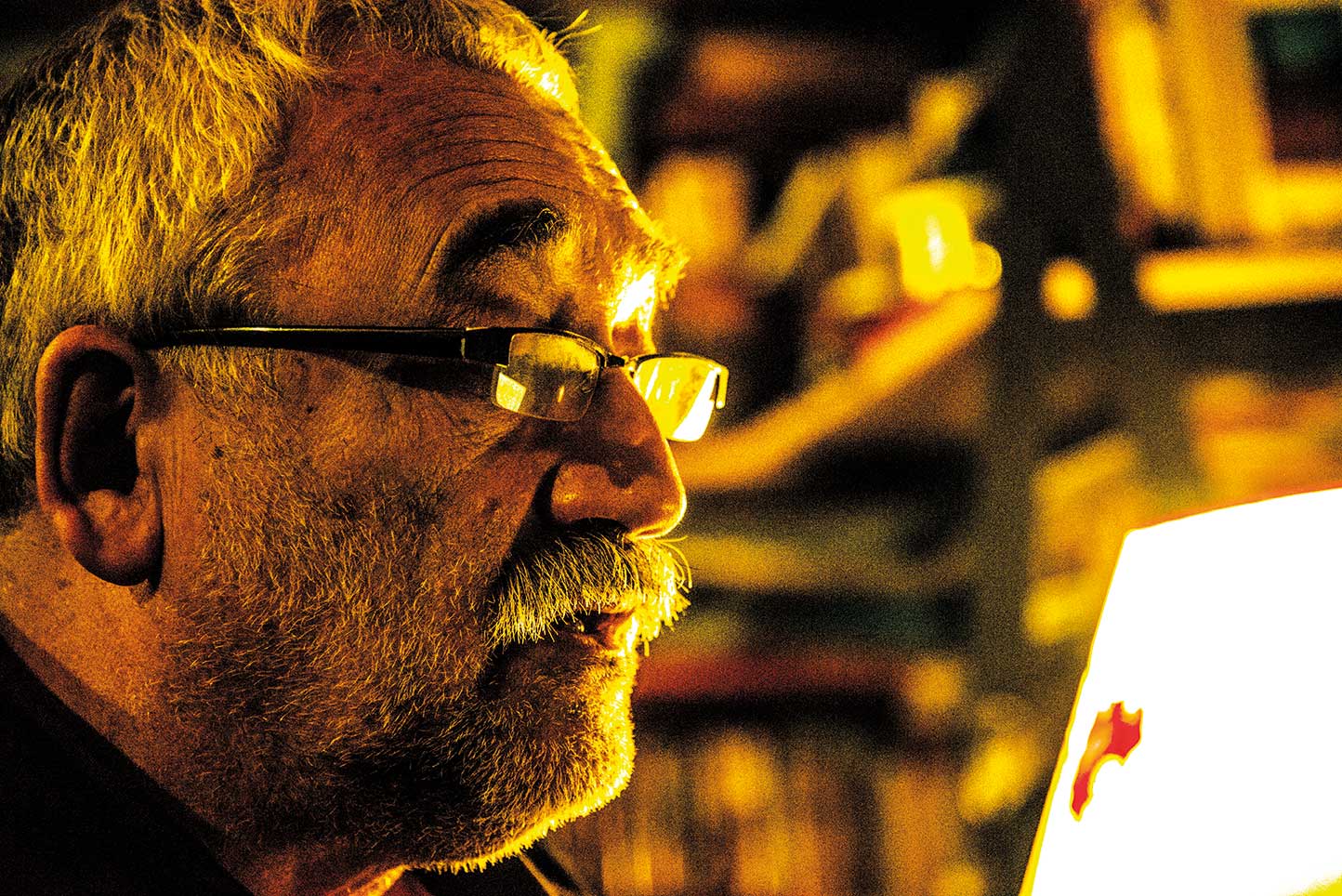
The Colorado
Literary Corner: Story
Story presented at the Frankfurt International Book Fair, in the "Cardinal Anthology" organized by the Ministry of Education of the Nation through the National Reading Plan, where Argentina was a special guest.
The Colorado
Drowsy in that cold dawn, perhaps she was dreaming of the sun, Ushuaia. The high tide, arriving gently, lifted its skirt of seaweed to lick the salty sex of sand and ancient stones.
The point growing to the east immediately attracted the parishioners. Any boat was always news, but also bulk bags of flour, potatoes, coal, crates of vegetables and fruit, meat, tobacco, and candles—everything was scarce and replenished by ocean.
The entire village crowded onto the dock and was finally nose to nose, or rather, nose to nose, with a German ship, and for a moment they stood there like that, as if looking at each other.
The red-faced man among the descending crew paused for a moment, glancing around, then gained a rise and turned his big shoes toward the mountain.
No one could have suspected that this broad-shouldered individual with a brisk gait, who had arrived by chance or coincidence, would, over the years, give his name to a nearby mountain, and even fewer would remember, with the passage of time, the manner or the date of the arrival of the one whose steps confirm the legend.
There's no need to cross a threshold to enter the forest; the entire blue of the sea suddenly turns green. So, already swallowed up by the beech trees, something caught the German's eye among the dark green of the coihue, something that made him look up and left him planted like just another tree on the wet path of mud and charamusca.
Hanging from a branch by a thick rope, a dog dangled like a rag at a low height, just the right height to leap up and gnaw on a piece of greasy capon. The hook concealing the meat was not intended for a wild dog, as was the case, but for a red fox that would have been finally defeated by a club. A single blow to the neck leaves the skin and hide intact.
The animal didn't move, barely swayed by the breeze. But it didn't give up its life. Having already exhausted its strength, an inner fiber, an instinct, something atavistic and hidden made it resist. It had withdrawn all its energy inward and from there it resisted, mutely, its jaw jammed shut, bearing all its weight on the hook.
The man lifted the inert body, cutting the bait, dropping it into his lap. He thought about dying. For a moment, he pondered the risk. Then he brought a hand to the dog's palate and began to work carefully on that wounded mouth, jammed with bait. Then the animal moved its hairy eyelids, its bloodshot eyes. For a moment, their gazes met.
As soon as the hook was out, perhaps as a last attempt to cling to life, the fangs closed around the hand. Then it vanished.
The German didn't spend time with anyone in that small village that was Ushuaia. He only walked to the forest and from there to the ship each time during the four days it took the visitors to resupply. Some even saw him rising uphill, penetrating the greenery. It was the space and time in which one cared for and healed the other, in which both would remain united beyond that moment.
That German ship was already leaving, a gush of smoke and the sound of a siren thundered through the cold air in the bay inhabited only by a couple of schooners and a cutter. There were handkerchiefs and raised hands, the prison band,
In his striped uniform, he filled everything with clarinets and trombone blasts.
Amidst the bustle, silence was wrecked only by a florid man who, leaning on the railing with the rest of the crew, couldn't take his eyes off the shore. As the boat pulled away from the dock and the blue water widened between them, a huge black dog had appeared and, standing at the tide line, stared at the ship while sniffing the sticky stench of tar and salt.
With the ship still in the harbor, about four hundred meters from the shore and the passengers already with their backs to him, the red-haired Krund, as he was called, jumped into the water. With strong strokes, he closed the distance, reaching the spot where someone was waiting for him, and they both headed back toward the mountain.
That floating world would never return and Ernst Krund would remain forever in El Onaisín, or “Land of Fire,” as it came to be known.
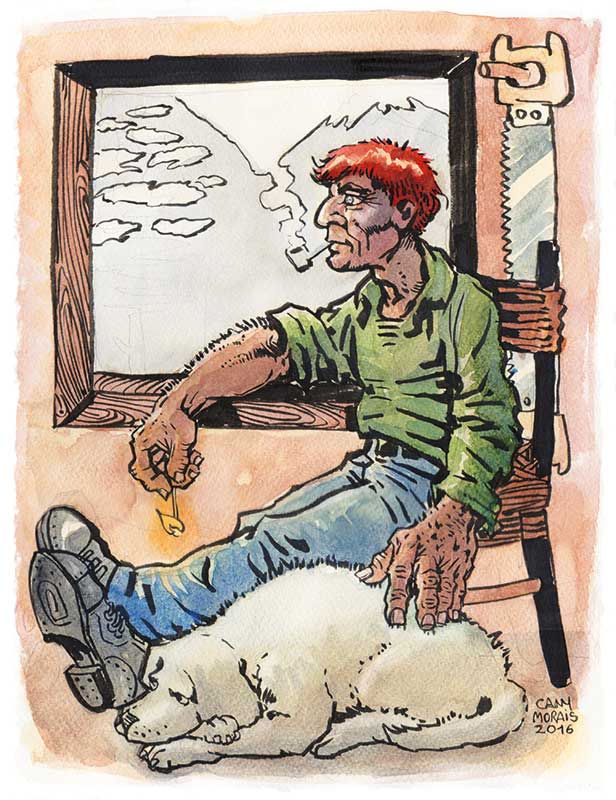
Illustration: Cany Soto
Colored: Luis Marcelo Marais

